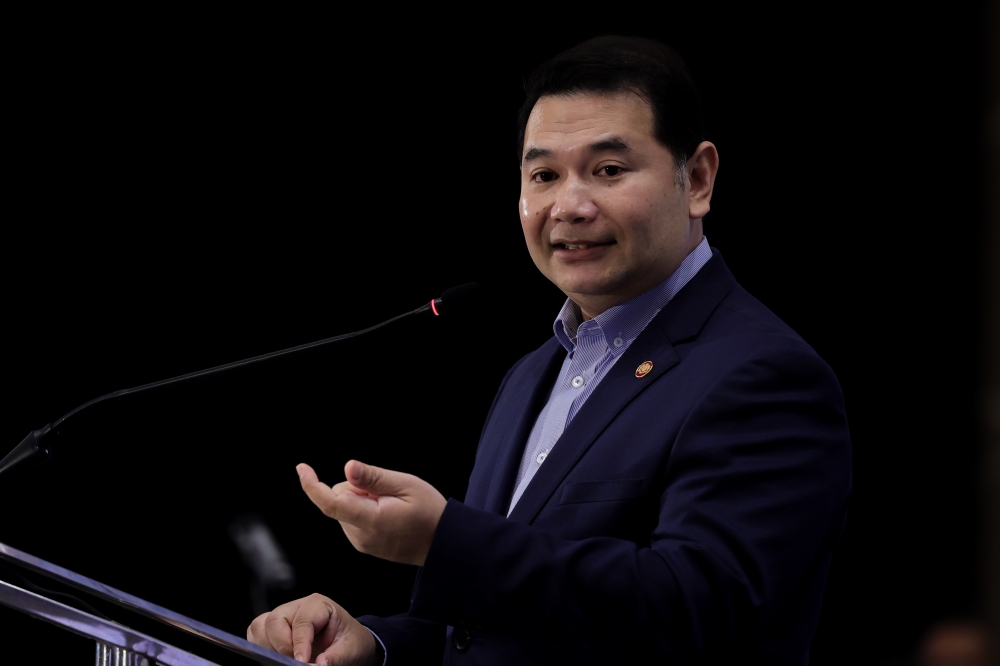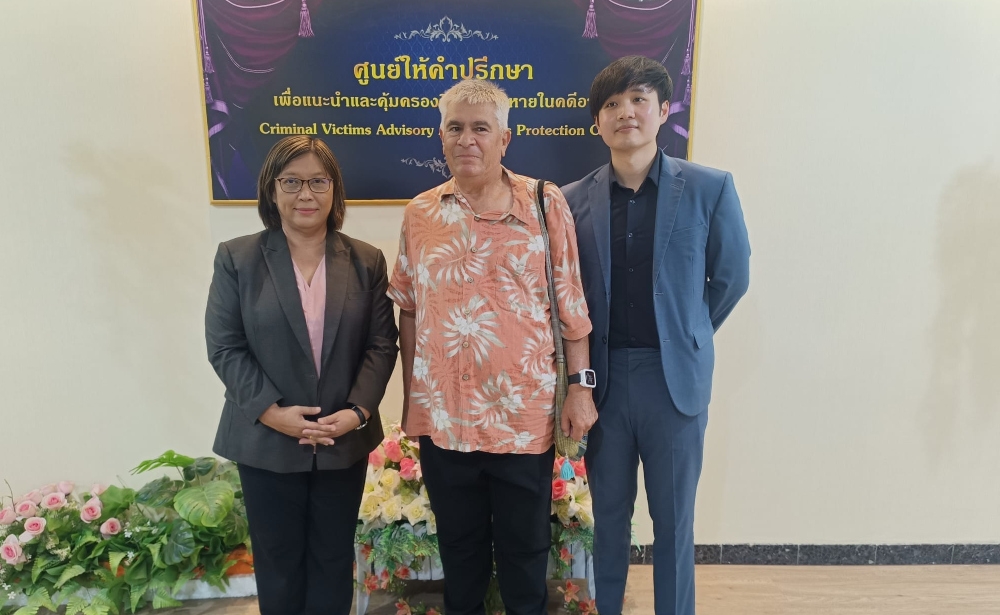KUALA LUMPUR, Jan 29 — Malaysia today unveiled its ambitious National Anti-Corruption Plan (NACP), a five-year framework aimed at eradicating corruption and improving governance and for the Pakatan Harapan government, it could not have come at a more crucial time.
The country’s image has been battered in recent times, with the shadow of 1Malaysia Development Berhad (1MDB) still looming large over Putrajaya and the alleged roles played by various actors within the previous administration in one of the world’s biggest financial scandals.
Even as the current PH government attempts to repair Malaysia’s image and refashion the current administration as corruption-free, it still faces accusations of cronyism and nepotism in the appointments of key figures within GLCs.
This is where the NACP comes in; a thorough roadmap by the Governance, Integrity and Anti-Corruption Centre (GIACC) to ensure that anti-corruption efforts will last in the long run and to implement policy reforms at every level to realise this goal.
Prime Minister Tun Dr Mahathir Mohamad, in the foreword of the NACP, said that its raison d’être is to “ensure that Malaysia is known for its integrity and not corruption.”
“Before May 9, 2018, many Malaysians were sick with the instances of widespread corruption taking place in the country involving the government, which has been labelled internationally as a kleptocracy.
“They channeled their anger through the ballot box which brought change to the government, toppling a party/coalition which ruled since the country’s independence. Therefore it is important to remember that the one issue that brought about the fall of a 61-year-old government is its practice of corruption,” Dr Mahathir said.
NACP is touted as a continuation and a more holistic improvement of Malaysia’s previous efforts to combat corruption and takes over its predecessors the 2004 National Integrity Plan (PIN) and Government Transformation Plan (GTP) 1.0 (2010) and 2.0 (2012).
Its main mission is to uphold the rule of law, to increase efficiency, accountability and transparency based on good governance and to create a clean business environment.
What are the challenges?
The NACP has identified several key public sectors which are prone to be involved in corruption, based on past reports received by the Malaysian Anti-Corruption Commission (MACC).
They are the procurement sector, followed by those within the enforcement agencies, and also those within the administrative sector.
In its outline, the NACP states that the public sector is seen as the most high-risk sector when it comes to being involved in corruption due to weak administrative management in procurement and law enforcement agencies.
This, it added was supported by statistics from the MACC which stated that from 2015 to 2018, as many as 30 high-ranking officers were arrested over allegations of corruption.
The NACP outlined several challenges facing Malaysian in its war against corruption, naming political interference as one of the major problems.
“Most politicians are seen to be interfering in administrative matters whereby personal gain can be attained even by going against the rule of law. This kind of interference happens in the decision-making process involving procurement, work appointments and the legal system,” it said.
It also pointed out that there is currently a lack of support and willpower among political leaders to implement strict anti-corruption measures in areas like asset declaration and receiving gifts involving ministers, a specific law which deals with abuse of power by civil servants as well as proper guidelines on lobbying.
The NACP also called for the strengthening of enforcement agencies like the MACC and for them to be able to carry out their functions without any political interference.
It said that political interference in the 1MDB and Felda scandals was the biggest stumbling block for the MACC and the Attorney-General’s Chambers in 2015 and 2016 and which prevented them from doing their jobs.
“Political interference also brought about administrative confusion which led to the change of the highest-ranking officers in the MACC,” it added.
Moving forward: (A whopping) 115 anti-corruption initiatives
The NACP has set six key strategies in its plan to eradicate corruption- strengthening political integrity and accountability, efficiency in the delivery of the public sector, improving the effectiveness and transparency in public procurement, improving the credibility of the judiciary and the legal system, institutionalising the credibility of law enforcement agencies and promoting good governance in corporate entities.
Within these six strategies, there are 115 initiatives, of which their execution timelines vary from short-term, to medium and long-term.
The NACP has given, among others a two-year time frame for the introduction of a set of new laws with regards to political funding and lobbying.
There will be a five-year time frame for outlawing the use of assets and government machinery to promote election candidates, a two-year time frame to relook and redefine electoral spending and the total amount which can be spent for each election, as well as five-year deadline to come up with a more transparent delineation process for parliamentary and state constituencies.
Besides that, other initiatives also include a one-year deadline to implement a policy forbidding those in power from issuing support letters for any application or projects.
This means that no heads of departments need to act on or receive support letters as a form of instruction from anyone within the government administration.
Also in the pipeline is a policy which will spell out the dos and don’ts when it comes to appointing politicians as chairmen or board of directors in GLCs, and that they must possess the relevant academic and professional qualification, as well as a policy to circumvent political interference in the appointment of government positions and promotions.
In improving the judiciary, one initiative with a two-year timeline is a revision of the Judge’s Code of Ethics to disallow any judge from taking up any positions in corporate entities within three years after they have retired.
There is also a five-year plan within the NACP to separate the roles and functions of the chief prosecutor and the attorney general, whereby the chief prosecutor will take over the duties and power to prosecute from the AG; and can also call for an inquest to determine the cause and circumstances surrounding a death.
Within the local council level, there is an initiative to monitor and limit the influence of politicians and individuals in the decision-making process involving local councils, as well as the establishment of a “local council service commission.”
















.jpg)


